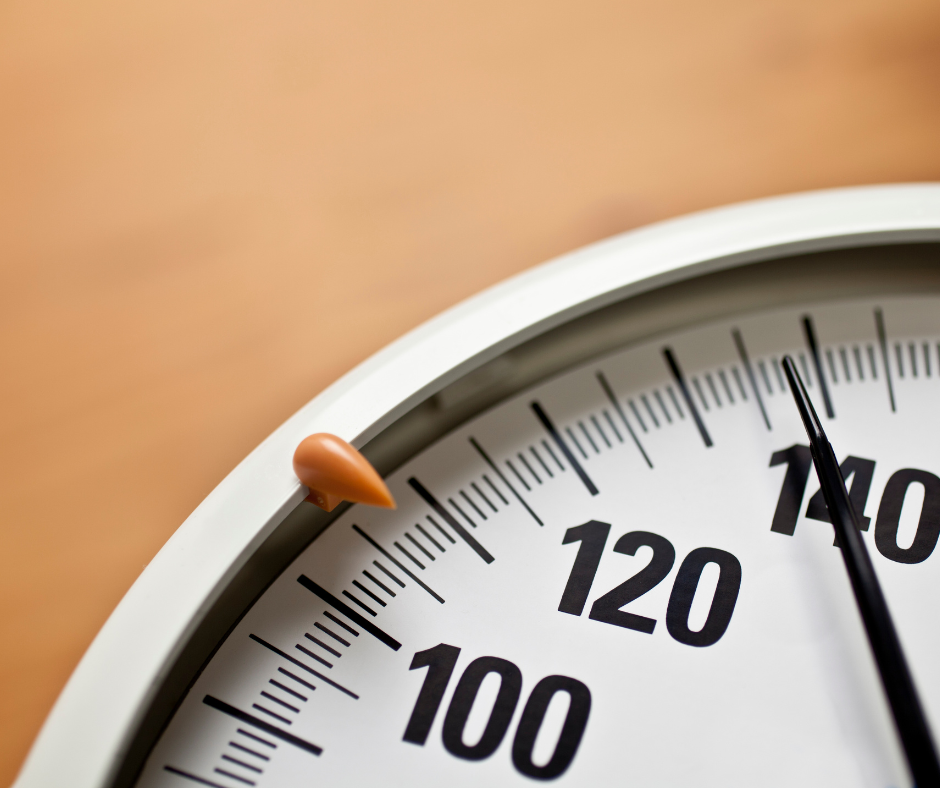
Menopause is a natural biological process that marks the end of a woman’s reproductive years. While it is a significant milestone in a woman’s life, it is often accompanied by various physical and hormonal changes. One of the most common challenges faced by women during menopause is weight gain or difficulty in losing weight. 😖😫
During menopause, the ovaries produce fewer hormones, including estrogen and progesterone. These hormonal fluctuations can lead to various symptoms such as hot flashes, mood swings, and changes in body composition. The decrease in estrogen levels during menopause contributes to fat redistribution, often leading to increased fat storage around the abdomen. 🔥🥵
Several factors can contribute to weight gain during menopause:
- Slower metabolism: As women age, their metabolism naturally slows down, leading to fewer calories burned during rest and physical activity.🐌
- Muscle loss: With age, there is a gradual loss of muscle mass, which further reduces the body’s metabolic rate, making it easier to gain weight. 💪
- Lifestyle changes: Menopausal women may experience increased stress, disrupted sleep patterns, and changes in eating habits, all of which can contribute to weight gain. 😴😪
- What some effective strategies for Weight Loss During Menopause? 🤔
Healthy Eating Habits:
- Focus on a balanced diet: Emphasize nutrient-rich foods, such as fruits, vegetables, whole grains, lean proteins, and healthy fats. These foods can help manage hunger and provide essential nutrients. 🍎🥦🥑
- Portion control: Pay attention to portion sizes to avoid overeating, especially since metabolic changes during menopause can make weight management more challenging. 🍽️
- Limit processed foods and added sugars: Reduce consumption of sugary snacks, refined carbohydrates, and processed foods, as they can lead to rapid spikes in blood sugar levels and increased fat storage.🍭
- Stay hydrated: Drinking plenty of water can help control appetite and support overall health during menopause.🚰
Regular Exercise:
- Strength training: Incorporate resistance exercises into your routine to preserve and build muscle mass, which can help counteract the natural decline in metabolism.🏋️
- Cardiovascular workouts: Engage in aerobic activities like walking, jogging, swimming, or cycling to improve cardiovascular health and burn calories. 🏃♀️
- Flexibility and balance exercises: Activities like yoga or tai chi can improve flexibility, balance, and overall well-being. 🧘♀️
Manage Stress:
- High stress levels can trigger emotional eating and disrupt hormonal balance. Engaging in relaxation techniques like meditation, deep breathing exercises, or spending time in nature can help manage stress. 😩 😡
Prioritize Sleep:
- Aim for 7-9 hours of quality sleep each night. Lack of sleep can interfere with hormones that regulate hunger and satiety, potentially leading to weight gain. 😴💤💤
Weight loss during menopause can be challenging, but it is achievable with the right strategies and a positive mindset. Embracing a healthy lifestyle, including balanced nutrition, regular exercise, stress management, and sufficient sleep, will not only help with weight management but also improve overall well-being during this transformative phase of a woman’s life.
Remember that every individual is unique, and the key to successful weight loss lies in finding the approach that suits you best. Patience, persistence, and self-compassion will be valuable allies in your journey towards a healthier and happier menopause experience. 😃
